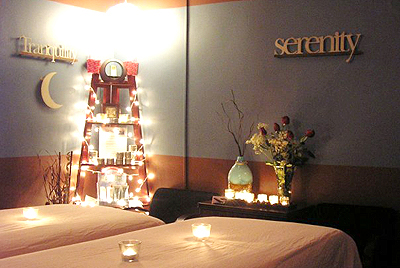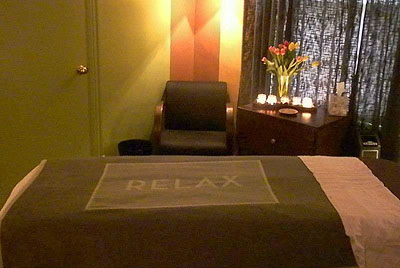-
Your Heart: Not Just Any Muscle
- Posted on February 25, 2016
- by admin
- in February 2016
- Comments Off on Your Heart: Not Just Any Muscle
Our hearts beat endlessly: all day every day, all night every night. We don’t think about them until there’s a problem, but we should. This is your heart we are talking about, after all! The one that you follow, the one that you wear on your sleeve, the one that breaks or the one that you give away. How often do you use those sayings, or these phrases: that’s heartwarming, your heart is in the right place, heartfelt, wholeheartedly, crazy heart, my heart belongs to you…
Your heart is at the center of both your emotional self and your physical self, which is why heart trauma and cardiovascular surgery make such a big impact on your body. Think about it: we don’t feel the same way about our gallbladders as we do our hearts, and we don’t regard gallbladder surgery with nearly the same weight as we regard cardiac surgery.
Your heart is the endlessly working muscle that pumps blood throughout your body, delivering oxygen and nutrients to feed your cells and get rid of the carbon dioxide and metabolic waste. During stressful situations, like when you’re being chased by a lion, the heart works with the sympathetic nervous system and signals the release of hormones to push blood to the muscles so you can run away. When the lion is gone, it triggers the parasympathetic system, or relaxation response, to bring the body back into balance.
Stress Is Hard On The Heart
The problem we face today is that the “lion” never goes away. We are in a constant state of stress, from commuting nightmares, to overbearing bosses, to kids, spouses, family, money – we identify as being constantly under stress.
Committing to a heart-healthy way of living requires more than just exercise and watching what we eat. Stress and depression in our lives play a huge role in our cardiovascular health. These risk factors are especially prominent in younger women balancing careers and family responsibilities and are particularly common among young women with early-onset heart disease. Experts agree that more research is needed into heart risk factors for the younger populations.
Mindful living and self-care along with a healthy diet and exercise can prevent decrease the risk of cardiovascular disease, especially when lifestyle changes are adopted early on. Incorporate massage therapy into your wellness routine along with yoga, meditation, gardening, social activities, or reading – whatever your prescription is for relaxation and self-care.
Your Heart Is In Good Hands
If you or a loved one has faced heart trauma, hypertension, or cardiovascular surgery, our specially trained therapists can help alleviate the stress from diagnostic procedures and prepare you for surgery mentally as well as physically. Specialized techniques and positioning can relieve post-procedural trauma, post-surgical discomfort and address swelling and edema of the chest, arms or legs. Massage therapy for the cardiac patient can alleviate anxiety, depression and negative emotions and provide a sense of well-being, positive reinforcement and reconnection to the body for a healthy recovery.
If you’d like to know more about the sessions and how SMART integrative massage group can help you, please call us at 973-744-1576 for a consultation.
If you enjoyed this article please consider sharing it!











